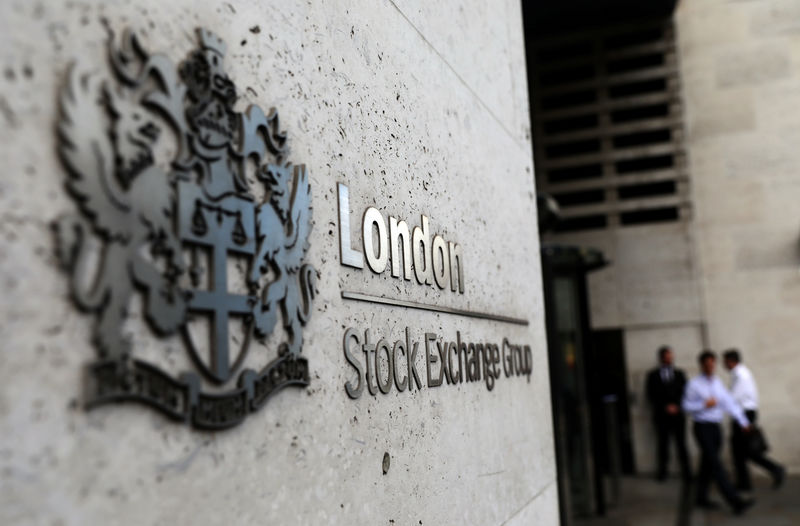By Geoffrey Smith
Investing.com -- You could be forgiven for thinking that the coronavirus pandemic would be good for business at the U.K.'s only listed provider of funerals, but you'd be wrong.
Dignity PLC's quarterly results on Monday did nothing to provoke an inappropriate smile, as the company warned that underlying operating profit fell 2% in the first quarter, despite gains in market share and a 1% increase in registered deaths across the U.K., as government restrictions on gatherings hit its ability to provide higher-margin services. It now expects free cash flow to fall below the threshold where excess cash can be transferred from the cover pool for its securitized bonds to serve general corporate purposes. Fortunately, as it has already suspended its dividend, shareholders won't notice any impact.
Dignity (LON:DTY) shares have been one of the worst-affected stocks in London since the pandemic struck: they've fallen over 60% from their pre-lockdown high and - conspicuously - have completely missed out on the rebound since April. Dignity stocks rose 2.4% on Monday, for once outperforming the midcap FTSE 250 index, which was up only 0.1%.
The company has seen its revenue drivers undermined everywhere: average revenue generated per funeral fell 2% as the proportion of people opting for simple services rose sharply at the expense of its full-service funerals, which naturally generate more income and better margins. It has been unable to provide limousines to clients in recent weeks, while the sale of memorials has suffered as government orders put cemeteries off-limits to all except those actually attending a funeral.
While simple services were only 20% of all services a year ago, they accounted for 60% in the last three months. Subsequent events have given no reason why this trend should change any time soon.
The undertakers were naturally too discreet to say explicitly that the more uncertain outlook for household income was having an impact on spending choices, but the hard truth remains that a part of funeral expenses are discretionary, and consumer discretionary spending is suffering badly at a time when millions are losing their jobs or are on reduced wages.
Another point to jump out from the report was Dignity's suggestion that the pandemic may well do nothing for its long-term outlook. In as much as the virus is preying largely on the old and vulnerable, it is largely accelerating deaths that would have occurred within the next few years in any case. The comment is worth quoting in full:
The absolute number of deaths increased by approximately one per cent to 161,000 from 159,000 in the comparative period last year. Sadly, since the end of the quarter, the UK has witnessed in excess of 20,000 deaths in a single week, the highest since the beginning of 2000. The number of possible incremental deaths as a result of COVID-19 is a matter of substantial speculation. Should 2020 witness a large number of incremental deaths, beyond the 600,000 originally anticipated by the Office for National Statistics, then it is possible that 2021 and 2022 could experience a lower number of deaths than in 2019. The Group will not speculate on the most likely outcome.
